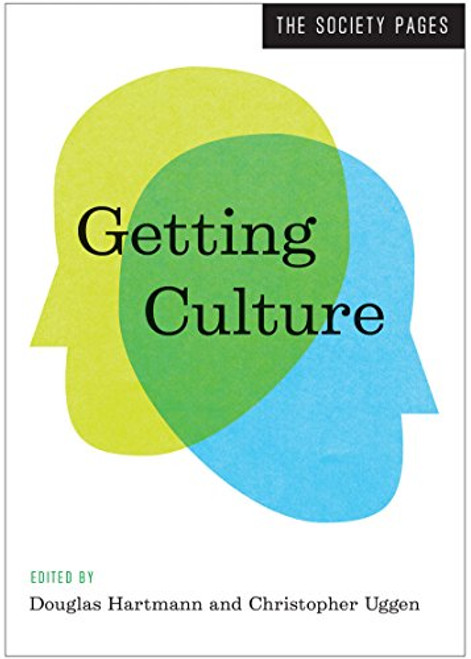Product Overview
From cartoons of Muhammad in a Danish newspaper to displays of the Confederate battle flag over the South Carolina statehouse, acts of cultural significance have set off political conflicts and sometimes violence. These and other expressions and enactments of culturewhether in music, graffiti, sculpture, flag displays, parades, religious rituals, or filmregularly produce divisive and sometimes prolonged disputes. What is striking about so many of these conflicts is their emotional intensity, despite the fact that in many cases what is at stake is often of little material value. Why do people invest so much emotional energy and resources in such conflicts? What is at stake, and what does winning or losing represent? The answers to these questions explored in Culture and Belonging in Divided Societies view cultural expressions variously as barriers to, or opportunities for, inclusion in a divided society's symbolic landscape and political life.
Though little may be at stake materially, deep emotional investment in conflicts over cultural acts can have significant political consequences. At the same time, while cultural issues often exacerbate conflict, new or redefined cultural expressions and enactments can redirect long-standing conflicts in more constructive directions and promote reconciliation in ways that lead to or reinforce formal peace agreements. Encompassing work by a diverse group of scholars of American studies, anthropology, art history, religion, political science, and other fields, Culture and Belonging in Divided Societies addresses the power of cultural expressions and enactments in highly charged settings, exploring when and how changes in a society's symbolic landscape occur and what this tells us about political life in the societies in which they take place.











